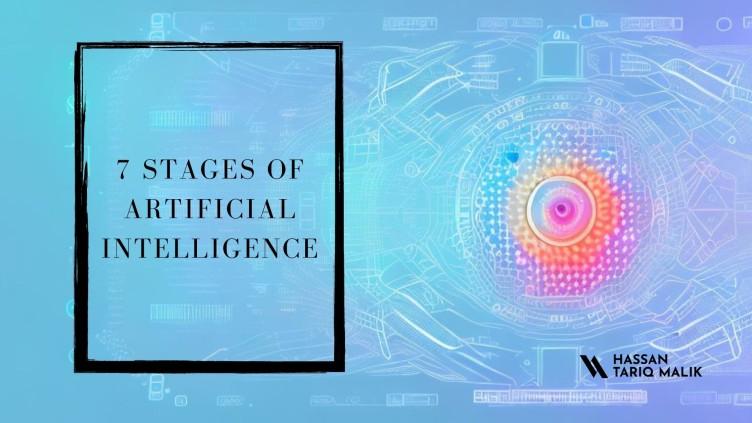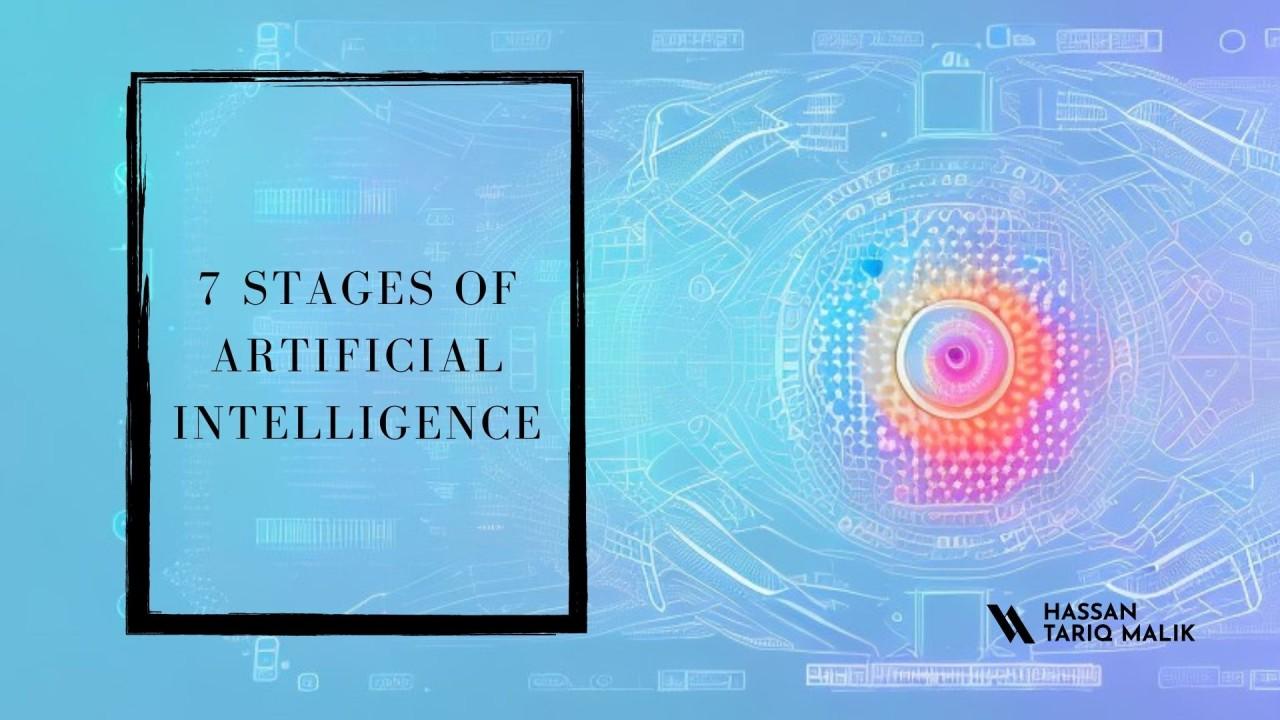☢ What are the 4 models of AI? ☢
In the field of AI, there are four main models that categorize different approaches and capabilities. These include:
.
♞ Reactive Models: These models react solely to stimuli without any memory, unable to form past experiences.
.
♞ Limited Memory Models: These models have a limited memory, allowing them to make predictions based on past experiences.
.
♞ Theory of Mind Models: These models understand others' mental states, allowing them to predict and explain behavior.
.
♞ Self-Aware Models: These models possess self-awareness, understanding their own mental states and emotions.
.
These models represent different levels of AI sophistication, with self-aware models being the most advanced and reactive models being the simplest.
.
🔗 Read the complete guide here: https://www.linkedin.com/pulse/7-stages-artificial-intelligence-hassan-tariq-malik/
.
.
.
#AIModels #ArtificialIntelligenceTypes #CategorizingAI #AIApproaches #ReactiveModels #LimitedMemoryModels #TheoryOfMindModels #SelfAwareModels #AIComplexity #AIProgression #UnderstandingAI #LevelsOfAI #AIAdvancements #AIInnovation #TechExplained #AIExperiences #CognitiveAI #AIUnderstanding #SelfAwarenessAI #AIDevelopment #FutureOfAI #AIExploration #TechInsights #AIInsights #AIInDepth #TechKnowledge #AIJourney
In the field of AI, there are four main models that categorize different approaches and capabilities. These include:
.
♞ Reactive Models: These models react solely to stimuli without any memory, unable to form past experiences.
.
♞ Limited Memory Models: These models have a limited memory, allowing them to make predictions based on past experiences.
.
♞ Theory of Mind Models: These models understand others' mental states, allowing them to predict and explain behavior.
.
♞ Self-Aware Models: These models possess self-awareness, understanding their own mental states and emotions.
.
These models represent different levels of AI sophistication, with self-aware models being the most advanced and reactive models being the simplest.
.
🔗 Read the complete guide here: https://www.linkedin.com/pulse/7-stages-artificial-intelligence-hassan-tariq-malik/
.
.
.
#AIModels #ArtificialIntelligenceTypes #CategorizingAI #AIApproaches #ReactiveModels #LimitedMemoryModels #TheoryOfMindModels #SelfAwareModels #AIComplexity #AIProgression #UnderstandingAI #LevelsOfAI #AIAdvancements #AIInnovation #TechExplained #AIExperiences #CognitiveAI #AIUnderstanding #SelfAwarenessAI #AIDevelopment #FutureOfAI #AIExploration #TechInsights #AIInsights #AIInDepth #TechKnowledge #AIJourney
☢ What are the 4 models of AI? ☢
In the field of AI, there are four main models that categorize different approaches and capabilities. These include:
.
♞ Reactive Models: These models react solely to stimuli without any memory, unable to form past experiences.
.
♞ Limited Memory Models: These models have a limited memory, allowing them to make predictions based on past experiences.
.
♞ Theory of Mind Models: These models understand others' mental states, allowing them to predict and explain behavior.
.
♞ Self-Aware Models: These models possess self-awareness, understanding their own mental states and emotions.
.
These models represent different levels of AI sophistication, with self-aware models being the most advanced and reactive models being the simplest.
.
🔗 Read the complete guide here: https://www.linkedin.com/pulse/7-stages-artificial-intelligence-hassan-tariq-malik/
.
.
.
#AIModels #ArtificialIntelligenceTypes #CategorizingAI #AIApproaches #ReactiveModels #LimitedMemoryModels #TheoryOfMindModels #SelfAwareModels #AIComplexity #AIProgression #UnderstandingAI #LevelsOfAI #AIAdvancements #AIInnovation #TechExplained #AIExperiences #CognitiveAI #AIUnderstanding #SelfAwarenessAI #AIDevelopment #FutureOfAI #AIExploration #TechInsights #AIInsights #AIInDepth #TechKnowledge #AIJourney
0 Comments
0 Shares



